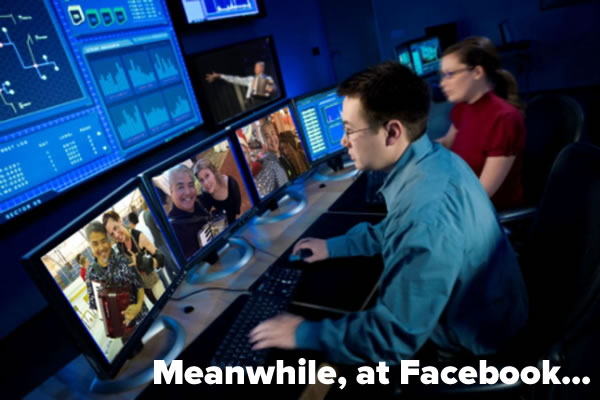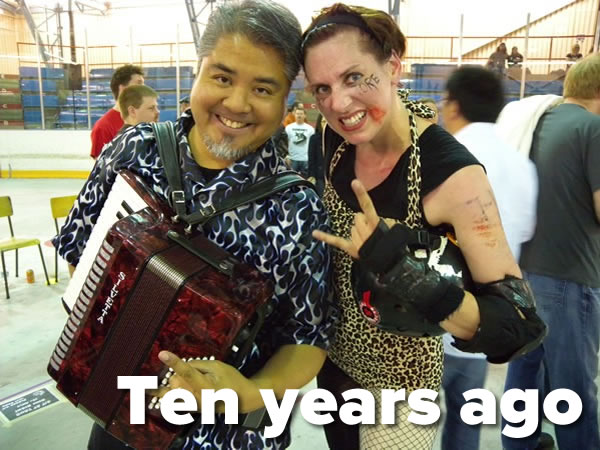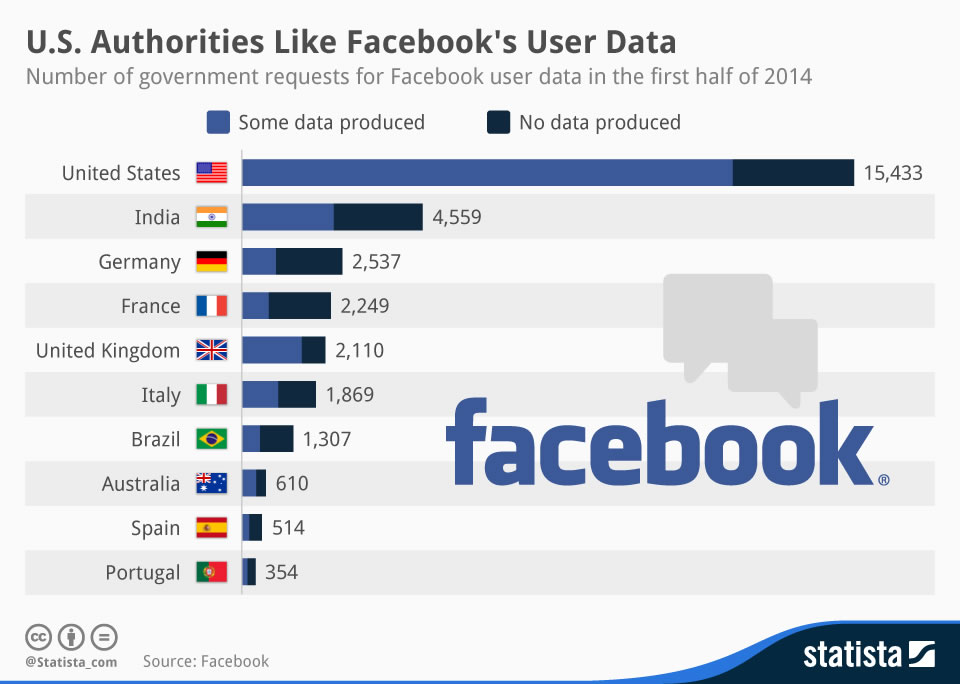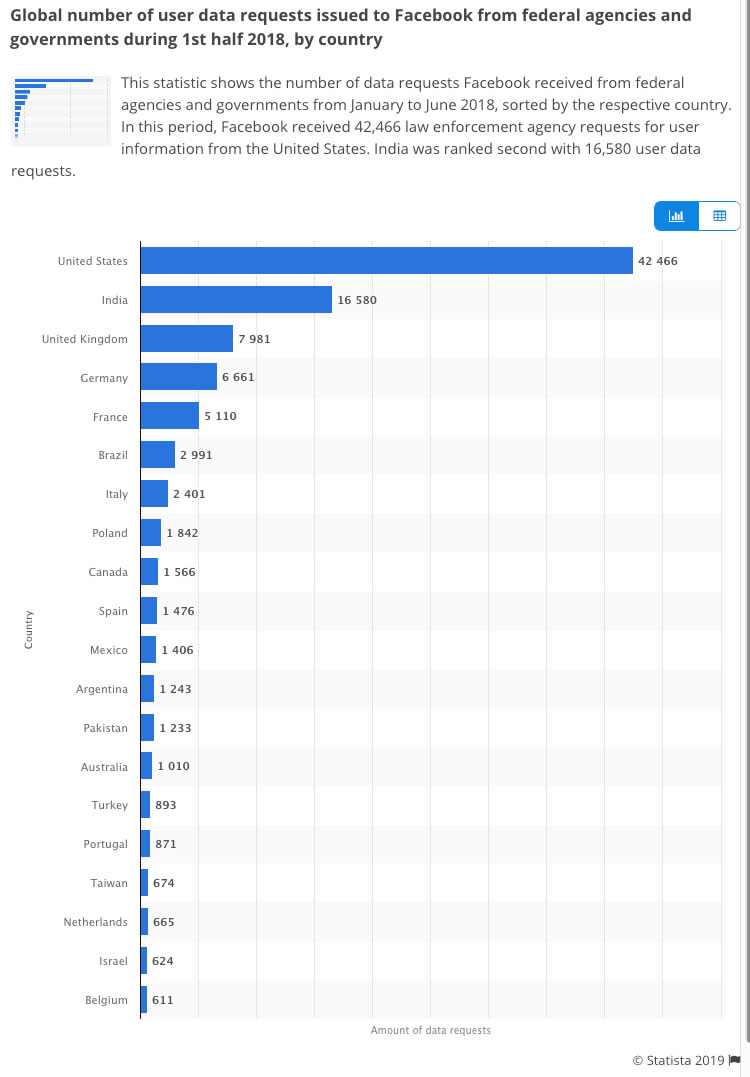
This is more of a thought experiment and fun conspiracy theory than actual conjecture, but I still think the idea’s worth mulling over. Remember, in the original version of the challenge, you’re supposed to use existing Facebook profile photos, which are already in Facebook’s system.
If you regularly check Facebook — at least once a day, or if you’re like many people, more often — you’ve probably seen the viral “How hard did aging hit you?” challenge.
It’s the sort of thing that would appeal to people who like to post pictures of themselves: it asks you to post the profile picture you used when you joined Facebook, post a recent photo of yourself, and let the world see how you’ve aged. Some people have responded by adding their own twist: posting a photo of themselves ten years ago, followed by a recent one.
It’s all good fun — but what if there’s another purpose to that fun? What if it’s a way to get all of us to willingly provide more data to Facebook’s facial recognition system?
A screenshot from the app in my tutorial where I show you how to face detection on Android phones. Click the photo to go to the tutorial.
Facial recognition is the ability of software to match the image of a face to a known person. It starts with finding a few dozen key facial measurements, such as the length of the jawline. These days, it’s all too easy for software to get these facial measurements; I’ve even written a tutorial on using the face feature-detection capabilities on Android phones.
Facial recognition uses these facial measurements to create a set of data that acts as a “signature” for that face. It then compares that “signature” to the “signatures” of other faces in its database (pay particular attention to this sentence). The more similar any two or more “signatures” are, the more likely that they represent the same face, and therefore the same person.
Let me repeat the highlighted point from the previous paragraph: facial recognition works by comparing the “signature” of a given face to the “signatures” of other faces in its database. The more photos of different people in that database, the better a facial recognition system will be at recognizing more people.
At the very least, the “How hard did aging hit you?” challenge gets people to post two photos, one of which is a current one. It even incentivizes people to get their friends to do the same.
For someone who wants to improve the capabilities of facial recognition, the challenge has an additional bonus. By getting people to post photos of themselves when they were younger, you’re providing additional data points that show how people’s faces change as they age. This data would be incredibly useful if you wanted to make a system that could predict what you might look like when you’re older…or for better recognizing people’s faces no matter how old or young they are.

A quick break for a conspiracy theory self-check
It’s been pointed out to me that the original “How hard did aging hit you?” challenge required you to use:
- Your first Facebook profile photo, and
- Your current Facebook profile photo.
By definition, Facebook already has these photos. They don’t need to con you into posting them.
However, as anyone who regularly uses social media knows, these sorts of challenges morph. People naturally want to show themselves in the best light and post their best photos. I’ve seen a number of my Fecbook friends decided to simply skip the requirement of using profile photos (which are already in the system) and started posting other photos of themselves from the past and present (which may be new to the system). People will always put their own spin on technology, and especially personal technology. As cyberpunk author William Gibson put it, “The street finds its own uses for things.”
Now you can say that this is just coincidence, but it’s also something that an experience social media behavioral analyst might have predicted. Hey, the best conspiracy theories have conspirators who always think several moves ahead!

If you really feel like getting paranoid, look at the number of requests for Facebook user data made by various governments over the years. Here are the requests from 2014:
Click the graph to see it at full size, or click here to see the source.
Let’s look at the numbers from 4 years later:
Click the graph to see it at full size, or click here to see the source.
“How hard did aging hit you?” could be an innocent idea that came about naturally and went viral, or it could have been manufactured by Facebook marketing (or government agencies) in order to entice its user base to unknowingly participate in a big data mining operation. The former seems more plausible than the latter, but the latter isn’t “out there” enough to simply dismiss as a conspiracy theory. I’ll leave it up to you to decide if you want to post your “then and now” photos on Facebook.

That being said, here’s me ten years ago, after playing the U.S. and Canadian national anthems at the start of a roller derby match:

Me and “Lunchbox” of the Gore Gore Rollergirls, George Bell Arena, Toronto, May 2009. Photo by Rannie “Photojunkie” Turingan.
…and here’s me a couple of weeks ago, with Anitra, at a hotel in Clearwater Beach:

Me and Anitra of Team Anitra and Joey at the Malwarebytes holiday party, Clearwater Beach, December 2018. Photo by Yours Truly.















